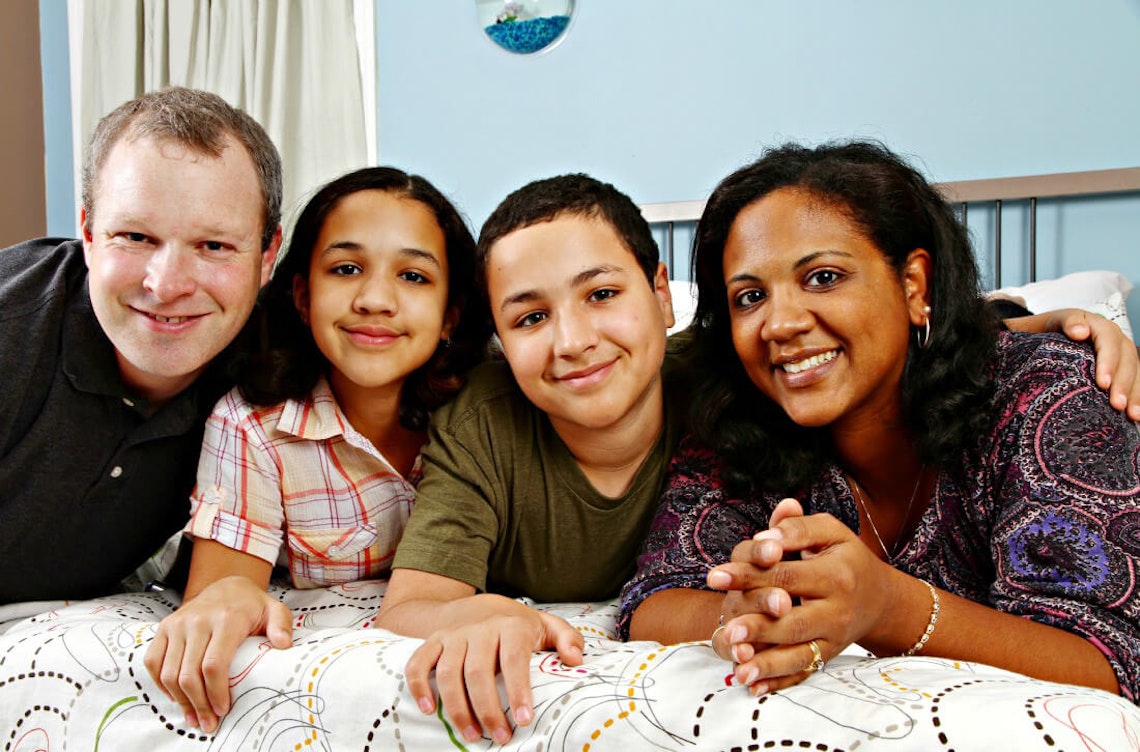


There is much debate over whether or not a solid adoption causes trauma in those adopted. While clearly there are circumstances that would be obvious and emotionally harm a young child, most people have questioned the claims that babies are also affected. After all, seems to be a question, what does a baby know?
It’s a frequent question, and one that researchers (some who have been adopted themselves) are trying to solve.
In an article titled The Psychology of Adoption Trauma and the Promal Wound, Karl Stenske, who was also adopted, tries to answer the question from the perspective of someone who went through the situation:
“After all,” he says, “what can a tiny baby know? They are too young to remember any of the traumas. They just need love. . . Admittedly, I too, even as an adoptee, thought this way. It was my perception that the adoption does not have much of an impact on those adopted at infancy because, what does a baby know? Though I personally have spend a lifetime dealing with depression, fears of abandonment, relationship struggles, anger, low self-esteem, somatic complications and a myriad of other issues, I never related them back to being adopted. I just thought I was not valuable or worthy, but didn’t see the link. I didn’t see what now seems so obvious.”
Stenske and others like him who have come forward with their stories of personal trauma are not attempting to sway anyone from adoption; many of these people who are speaking up come from adoptive families that are wonderful. They did, however, want every parent—both birth parent and adopted parent—to recognize one critical thing:
“Every adopted child, allow me to reiterate, every adopted child falls into one of the two categories. She [or he] either acts out and is difficult or is quiet, adaptable, and compliant. Of course, the degree to which each adoptee acts out or becomes the complaint is individual.”
It’s not a popular opinion, but Stenske and others are standing firm. They believe all parents need to be aware, and seek help for their adoptive child when he or she is struggling. Needing to understand that the very real emotions are underlying the child’s experience, whether they are aware of it or not. It's the loving parent’s job to watch their son or daughter for any signs that they may be struggling.
Adoption is a beautiful miracle that is happening all over the globe. It will continue to be so as more parents become aware of their adopted child’s special needs.